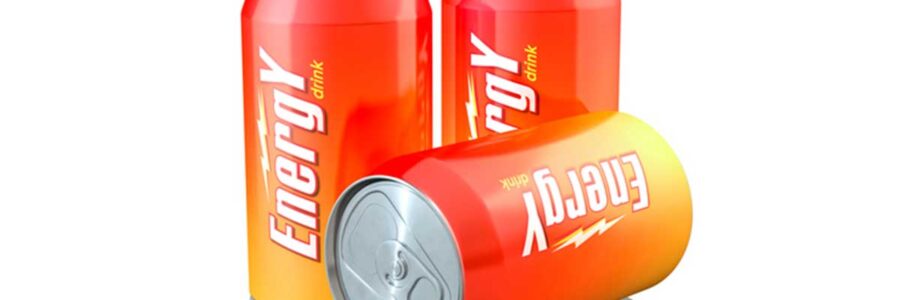Welcome, fellow parents! Today, let’s shed light on a beverage that often finds its place in our fridges – the popular ‘Prime Beverage.’ Despite its flashy packaging and promises of an instant energy boost, there are hidden dangers in energy hydration for kids that we need to be aware of, especially when it comes to our children. This article will delve into the risks associated with this seemingly harmless drink, backed by scientific research and real-life incidents.
The Jolt of Energy: The High Caffeine Content
- ‘Prime Beverage’ claims to provide a jolt of energy, but the truth behind its caffeine content is concerning. Each can contain more caffeine than an average cup of coffee. While adults may tolerate it, children may not. There have been reports of school-aged kids experiencing heart issues after consuming this beverage.[1] This raises serious questions about the safety of high caffeine intake for our young ones.
The Sugar-Coated Truth: Sucrose
- Sucrose, also known as table sugar, attributes the sweet taste in ‘Prime Beverage’. Recent studies have indicated potential health risks associated with sucrose consumption. It has been linked to gut permeability, which can lead to conditions like a “leaky gut”.[3] Moreover, sucrose has been found to have genotoxic effects, causing damage to DNA and increasing the risk of cancer.[2] The sweet flavor suddenly loses its innocence, doesn’t it?
The Flashy Distraction: Packaging and Marketing
- Prime Beverage’s attractive packaging and persuasive marketing are hard to ignore, especially for our impressionable children. It is easy to overlook the small ’18+’ marking on the can, which is meant to indicate that it is unsuitable for individuals under 18. Furthermore, the marketing campaigns of these energy drinks often target younger audiences, who are more vulnerable to the high caffeine and sucrose content.
Our Call to Action: Making Healthier Choices
Becoming Informed Consumers:
- As responsible parents, let’s make informed choices rather than being swayed by marketing tactics. Let’s scrutinize the contents of the beverages we buy and prioritize our family’s health.
Exploring Healthier Alternatives:
- Fortunately, there are numerous healthier alternatives available. Encourage your children to choose water, herbal teas, and natural fruit juices instead of energy drinks. These options can effectively quench thirst and provide satisfaction without the associated health risks.
Promoting Awareness and Restrictions:
- Schools and communities have a crucial role in protecting our vulnerable children. We can create a safer environment by promoting awareness of the potential risks of energy drinks and imposing restrictions on their availability to young individuals.
Advocating for Research and Stricter Guidelines:
- As parents, let’s advocate for more research into the health implications of energy drinks and push for stricter guidelines on their composition, marketing, and sale. When it comes to our health and the well-being of our children, we should prioritize transparency over profits.
Summary
The seemingly harmless ‘Prime Beverage’ disguises potential dangers that can adversely impact our children’s health. Its high caffeine content and excessive sucrose intake may lead to serious health risks. As responsible parents, let’s not be swayed by marketing tactics and make choices based on the well-being of our families. By opting for healthier alternatives and advocating for greater awareness and regulations, we can safeguard our children’s health and prioritize their well-being above all else.
Remember, as parents, we have the power to make informed choices and prioritize the health and well-being of our children. Let’s commit to making healthier choices and ensuring that every sip we take is a step towards a healthier life. By being health-conscious parents, we can positively impact our family’s health and set a great example for our children. Stay informed, stay vigilant, and together, let’s protect our true prime assets—our loved ones’ health!
References:
- “Primary School Pupil Has ‘Cardiac Episode’ after Drinking Prime Energy Drink.” BirminghamLive, 11 May 2023,www.birminghammai .co.uk/news/midlands-news/primary-school-pupil-cardiac-episode-26886423.
- Schiffman, S. S., et al. (2023). Toxicological and pharmacokinetic properties of sucralose-6-acetate and its parent sucralose: in vitro screening assays. Journal of Toxicology and Environmental Health Part B, doi.org/10.1080/10937404.2023.2213903.Marcelo Campos, MD. (2021). “Leaky Gut: What Is It, and What Does It Mean for You?” Harvard Health, 16 Nov. 2021,www.health.harvard.edu/blog/leaky-gut-what-is-it-and-what-does-it-mean-for-you-2017092212451.


